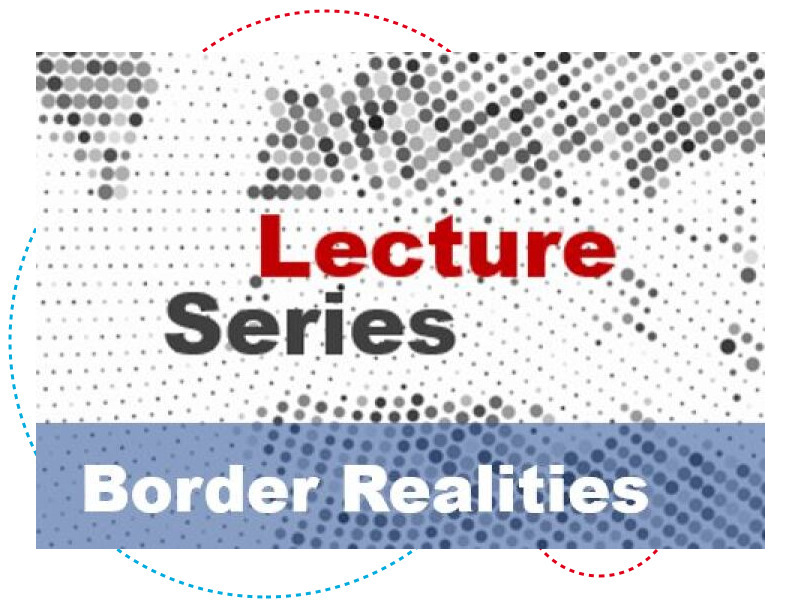For the past two decades, a resurgence of borders has been observed. On the one hand, this is shown by the remarkable increase in border controls, border walls and fortified border installations. On the other hand, however, it shows above all the progressive proliferation or multiplication of borders: they penetrate far into the spectrum of society, they manifest themselves very differently and figure spatially fragmented. This transformation of the border is no longer tangible with the familiar concept of the line, but is reflected in interconnected materialities, localizations, temporalities, corporealities, discourses, and multiple efficacies. These new forms of the border are not only challenging for political actors; also border scholars who engage with the changing border realities are confronted with new conceptual challenges.
Ukraine at the Borderlands of European Universalism
In the wake of Balkan wars in 1990s French philosopher of ‘borders of Europe’, Étienne Balibar, formulated his well-known thesis that these events manifested the limits of European universalism. Varied discursive mechanisms were adopted by of European actors to represent Balkan peoples as undeserving to belong to Europe: violent, barbaric, oriental, premodern, backward, postcommunist etc. In my lecture I want to re-visit Balibar’s remarks in the context current war in Ukraine.
Łukasz Moll is Assistant Professor at the Institute of Sociology, University of Wrocław (Poland).
More information:www.borderrealities.org
